But seriously, what happened to the truth?
Psychoanalysts undoubtedly know something about it since we work with it every day. We encounter it at every step of our practice, as soon as we invite someone to tell us about them and about what is happening, what is wrong, what is causing difficulty: in other words, to speak. With speech, truth comes into play.
The act of the psychoanalyst consists in opening a mouth, this otherwise shadowy hole.
Suffice it to say that we have work to do because today our mouths are being shut by the mass statements of ideologies, religions, slogans, and all this knowledge carrying responses made to shut the hole. Should we emphasize that we are saturated? These responses always come forward in the name of truth, but they are essentially statements passed for truth: it is the truth of what makes sense, a sense which appears as reducible, flawless, ideal – imaginary to use one a word (not to be confused with not real).
The individualism that the era claims sums up this reducible and absolute sense in its simplest expression: it is the ego, formation par excellence of the imaginary, total and totalitarian, and capable of horizontally propagating anything as truth, provided… that it makes sense.
Sense can be created as a truth with any statement, including with those of psychoanalysis. Freud’s statements, so constantly oriented by the concern to maintain this openness to truth, were constantly made absolute by disciples in search of religion – see Jung for example, however brilliant a disciple, or contemporary attempts to show how psychoanalysis would be soluble in ideology.
Science, it is true, does not seem to be caught up in these difficulties. But this is because it has no need for the truth: it just needs to be valid, in other words, correctly written. Nobody asks if an equation is true only if it is correct, that is to say if it is well written. We understand that science can be a point of reference everywhere today, including in the so-called “human” sciences: far from truth, it offers itself to the service of any power, including that of the ego (the enhanced bodies for example).
Melman said of Lacan that he was a lover of truth… and in fact he never stopped re-opening this essential dimension of psychoanalysis which, after Freud, was in the process of being shut. He did this by emphasizing that for the speaking body, for the parlêtre, truth is not a substance, a sense, or an utterance but first a place: the place of what represses what commands in a speech. In this way truth is necessarily linked to a body, to the jouissance of this body, and to the discourse which organizes this jouissance.
Thus articulated, truth is never reducible, and what it indicates to the subject, what it brings forward, is not sense, but the real which this body has to deal with, starting with death as Freud remarked, which does not necessarily make it very sympathetic… And regarding this real, there is no way for the speaking being to make a statement or make sense in an absolute manner; because it is from this place where speech comes, always from the same place, from the moment the speaking being opens a mouth to tell.
Bringing the truth into play for a subject, this relationship to the real which makes him or her speak, is the question that the psychoanalyst reopens each time and tries to keep open: the psychoanalyst thereby invites those who engage in the analysis to no longer take as given the habits of one’s jouissance and of the speech which commands them.
Here are some of the refreshing questions that we were able to re-open after reading the Seminar The Other Side of Psychoanalysis in Nice at the end of August.
Happy September !
Stéphane Thibierge
President of l’ALI